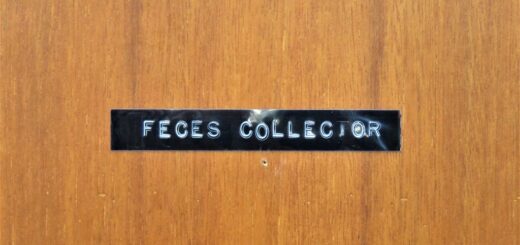Notes On the Passing Popness
Can someone tell me why a Hollywood biopic (an “epic,” as they say) about Napoleon would be relevant to a culture in which ninety-seven percent of the population would not know what country Napoleon was from, when he lived, what he is famous for, and what significance his life and actions had for future generations of thinkers and statesmen? Or why a man who rose to historical prominence in his early thirties, and all of whose major life story and achievements were completed by his mid-forties, should be played by an actor, Joaquin Phoenix, who looks older and more worn-out than his actual forty-nine years would suggest? Or why, according to the brief reports I have read (you could not make me watch a current Hollywood movie unless it were under ten minutes long) should feature raunchy sex scenes between Napoleon and Josephine, as though this aspect of their relationship were of any importance to any of the well-documented and world-changing events of the man’s life? Or why people should be willing to put up with the pop-progressive propaganda of having all their important historical figures and events reduced to bland metaphors for current political trends, as is obviously going to be the case here?
I suppose the simplest answer to all those questions is that we incessantly return, though in trivialized form, to those men and events we have long since forgotten and negated with our relativism and our progressive historical distortions, in a desperate search for meaning and substance, whether for our lives or for our mass entertainment. We do it in a reflex of needing to feel big and significant, when all around us, and within us, screams of worthless transience. In other words, we do it in a collective fit of short man syndrome, aka Napoleon complex. (I recommend Armond White’s critique of the movie, which I admit is already a little more time and thought than you ought probably to waste on such doggerel as Hollywood is currently capable of producing.)


